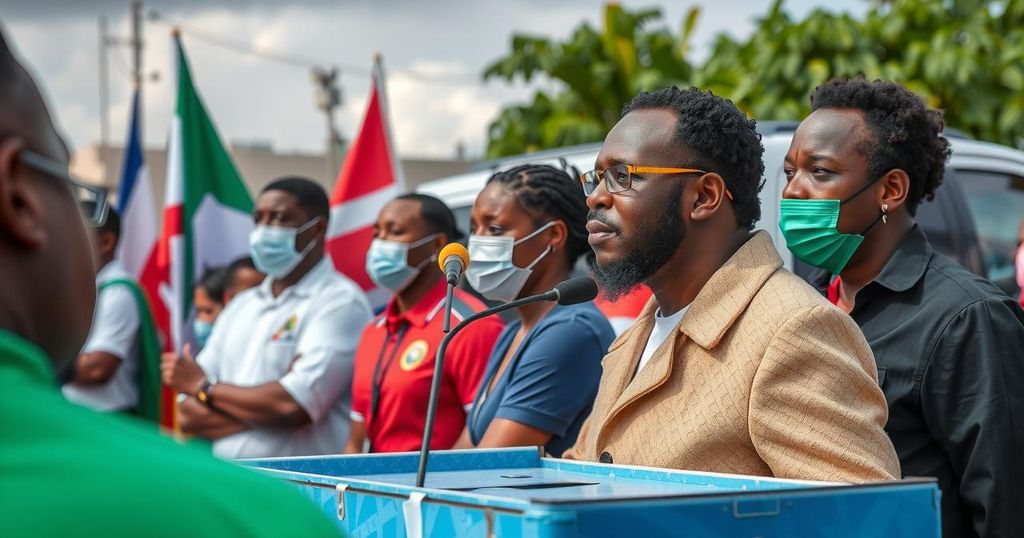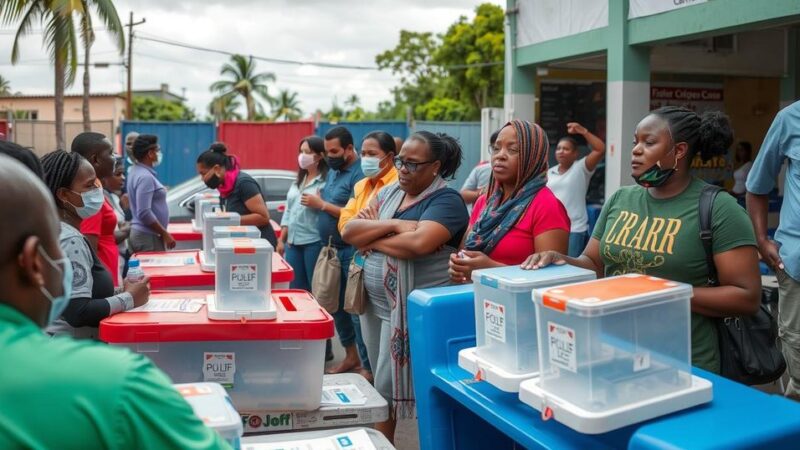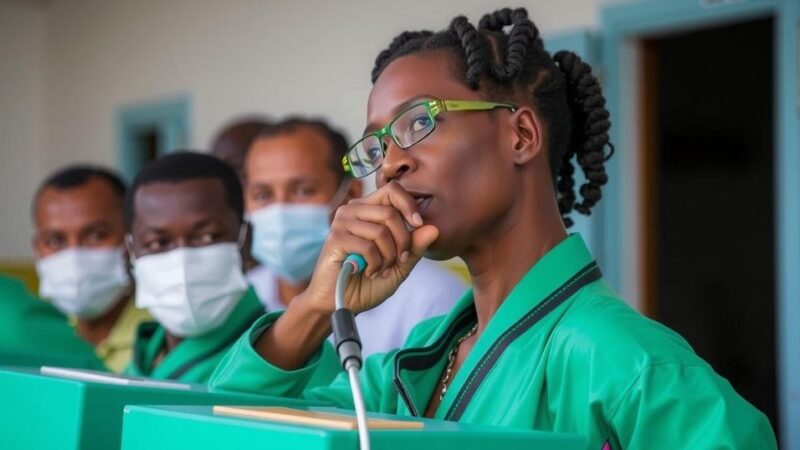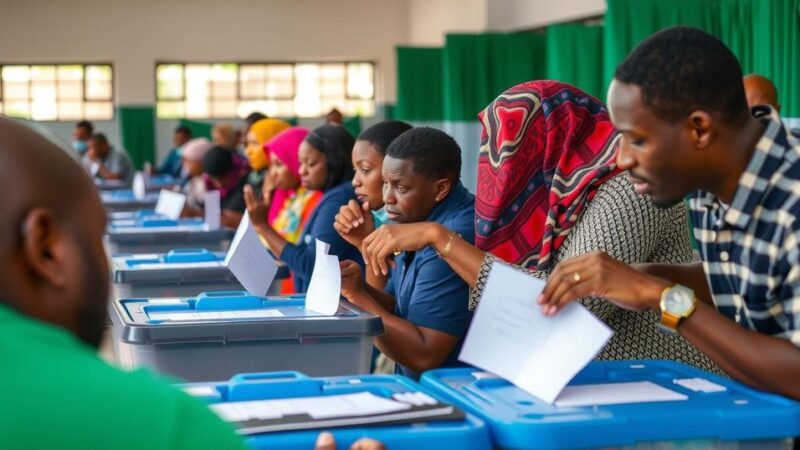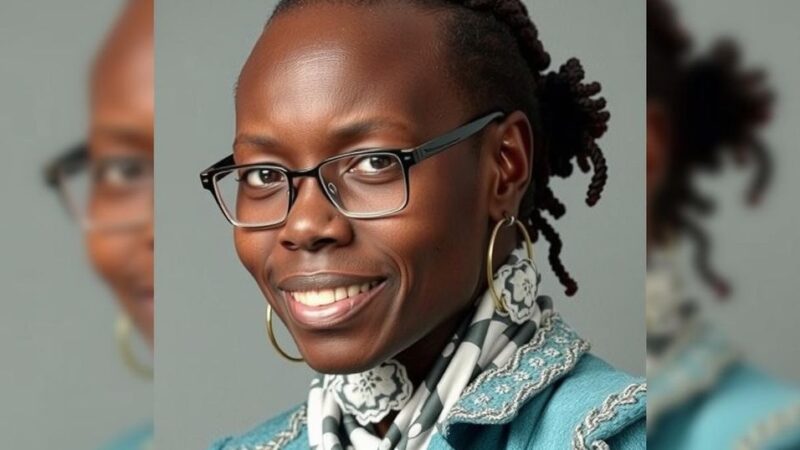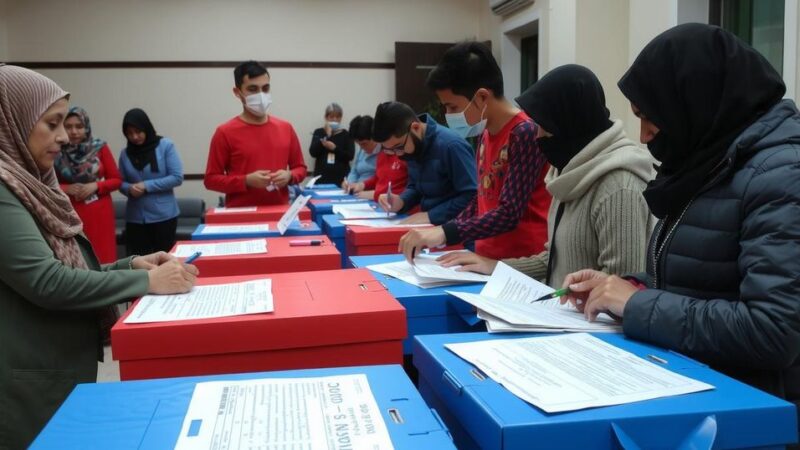Opposition leader Daoud Abdallah Mohamed rejected Comoros’ legislative election results, citing “gross fraud” and irregularities. The elections, boycotted by many opposition members, resulted in substantial victories for the ruling party amid allegations of ballot box stuffing. President Azali Assoumani dismissed these accusations, urging the opposition to provide evidence. The United Opposition has stated they will not participate in the upcoming second round of voting.
In Comoros, an opposition leader has strongly rejected the results of recent legislative elections, citing severe irregularities and fraud. The elections witnessed a notable boycott by opposition parties, claiming a lack of transparency in the voting process. Daoud Abdallah Mohamed, a former interior minister and head of the United Opposition coalition, asserted that the election was tainted by serious misconduct, including ballot box stuffing, which allegedly resulted in more votes being counted than registered voters. The ruling Convention for the Renewal of the Comoros (CRC) party was reported to have won a significant majority. Criticism regarding the electoral process was dismissed by President Azali Assoumani, who urged the opposition to substantiate their claims. The opposition has announced intentions to abstain from a forthcoming second round of voting scheduled for February 16.
The political landscape in Comoros has been marked by tensions between the ruling party and opposition factions. The recent legislative elections are part of a broader electoral process that has raised significant concerns regarding the integrity and fairness of the voting system. Factors such as low voter turnout in certain regions, as well as high percentages of votes allocated to ruling party candidates, have exacerbated claims of fraud. Given the historical context of elections being contested by the opposition, this episode adds to the ongoing political friction in the nation.
In summary, the recent rejection of the electoral results by Comoros’ opposition leaders, rooted in allegations of election fraud and a lack of transparency, highlights ongoing tensions within the political arena. As the ruling party stands by the legitimacy of the elections, the opposition remains resolute in their decision to boycott the upcoming second round. The situation in Comoros will require close observation as it unfolds amidst these claims of electoral misconduct and resistance from opposition parties.
Original Source: www.barrons.com

